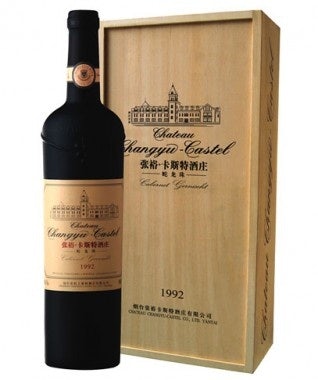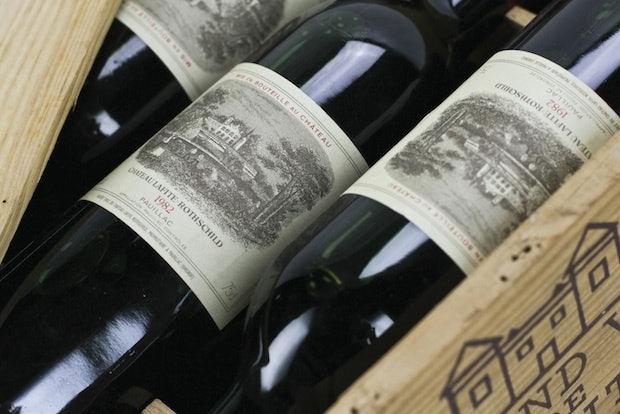Sales Increasing 40 Percent Annually As Consumption Trends Shift#

The Chinese government's ongoing crackdown on officials spending public money on high-priced liquor and banquets isn't just hitting the baijiu market in Beijing, it's causing a ripple effect throughout the country that seems to be benefiting the wine industry even in second-tier cities. According to the trade site Wine China (Chinese), the wine market in Wuhan, capital of Hubei province (previously on Jing Daily), is developing quickly as the city's wealthier consumers switch from baijiu to wine, owing to the latter's lower alcohol levels and relative health benefits. The site notes that Wuhan's wine market is at its earliest stage, yet sales of wines priced between 100-200 yuan (US$16-32) are rising 40 percent per year.
Unlike in other new wine markets in China, Wine China holds that Wuhan's burgeoning wine buyer tends to be more modest in his or her purchases, favoring domestically produced wines by Great Wall, Changyu, and Dynasty more than imported wines. However, rather than a taste issue, this is probably due to the greater availability of Chinese wines and a dearth of experienced importers and quality wine stores in the city. According to Wine China, Wuhan's wine drinker typically makes his or her purchases at supermarkets, rather than dedicated shops.
